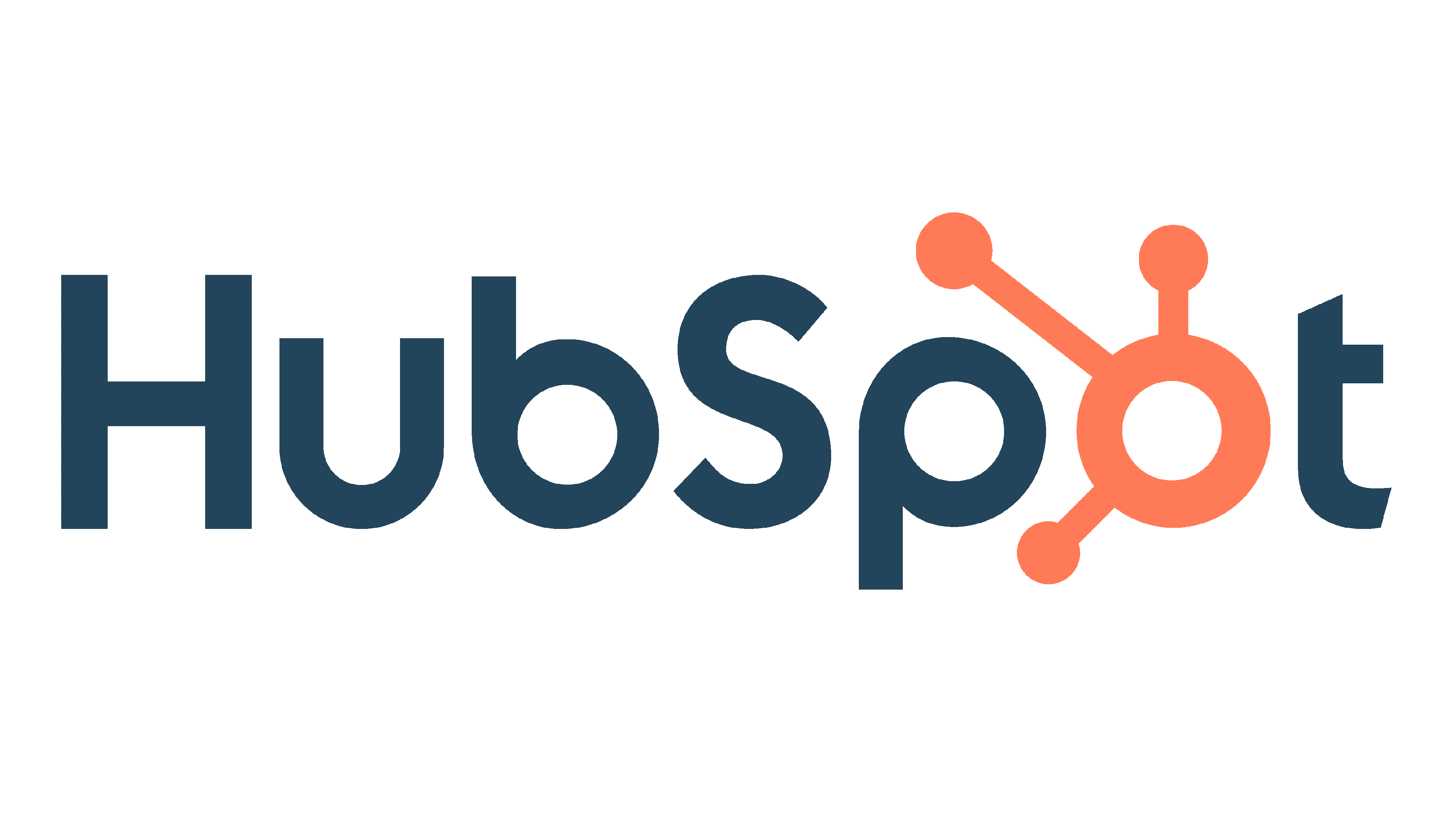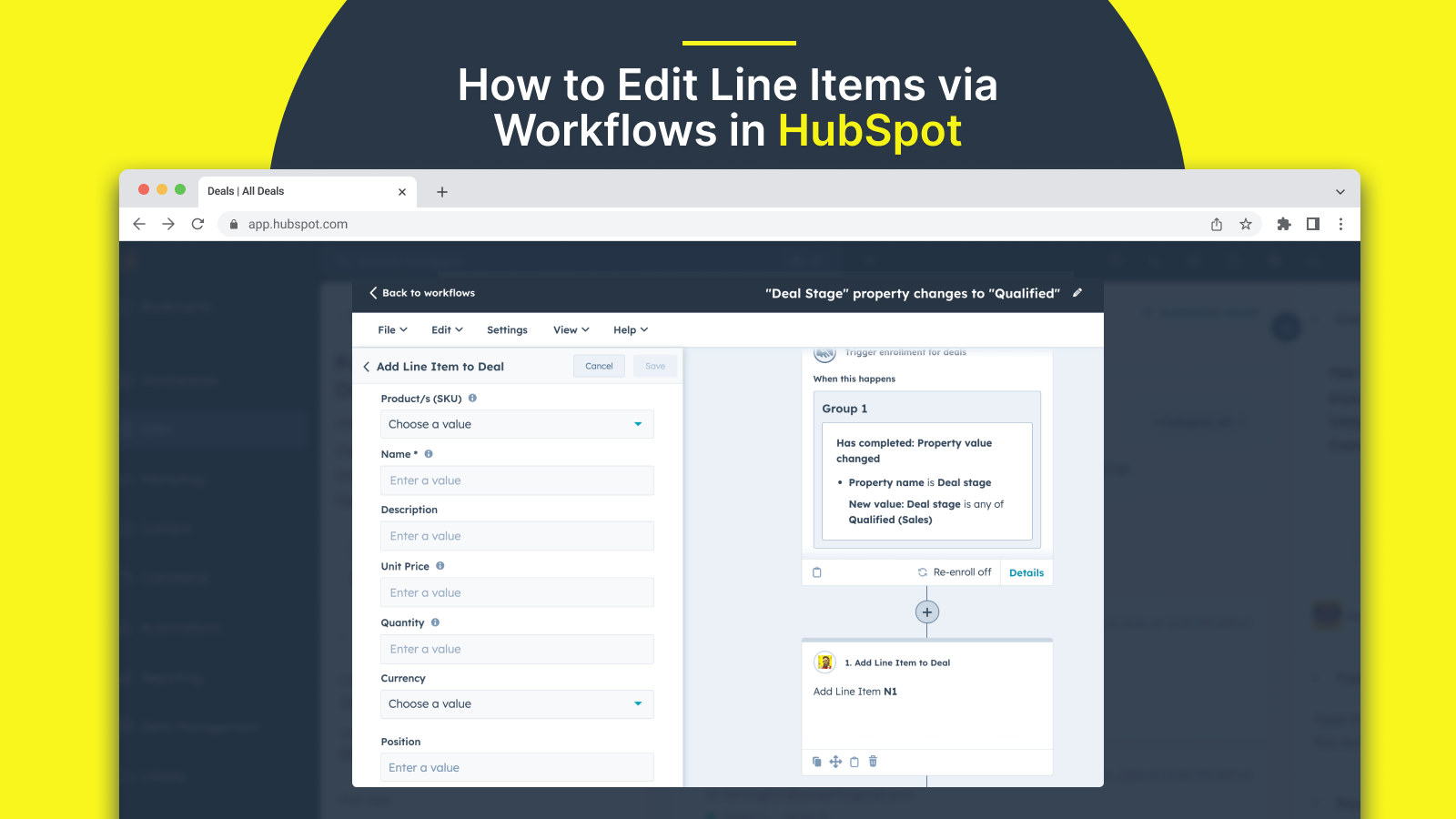HubSpot vs Monday vs Wrike vs Basecamp: An Overview

HubSpot, a comprehensive CRM platform, equips businesses of all sizes with a suite of software products that optimize their marketing, sales, and customer service efforts. Providing a holistic view of customers, the platform facilitates seamless engagement across multiple channels.
At the core of HubSpot lies its user-friendly CRM, offering effortless tracking and management of customer information. Alongside, it presents an array of features that enhance customer engagement, including email marketing, social media management, and lead capture.
The platform's focus on marketing, sales, and customer service makes it an ideal choice for businesses seeking a complete CRM solution. The extra advantage is HubSpot's extensive integration options, ensuring seamless connectivity with other software tools used by the business.
HubSpot Features:
- Marketing Automation
- Email Marketing
- Email Templates
- Social Media Management
- Lead Capture
- Landing Pages
- Ad Tracking and Management
- Drag and Drop Page Editing
- Dynamic Content
- Analytics and Reporting
HubSpot Advantages:
- Integrated CRM for seamless customer data management;
- Strong marketing automation capabilities for impactful campaigns;
- Many tools to enhance customer engagement;
- Extensive integration options for seamless connectivity with other programs;
- In-depth analytics and reporting to monitor performance effectively.
HubSpot Disadvantages:
- Cost can get pricey quickly;
- Interface complexity may pose challenges;
- Requires a steeper learning curve for optimal utilization.

monday.com is a powerful Work OS designed to bring people and processes together, enabling teams to achieve their goals seamlessly. By consolidating tools, files, and discussions in one central location, the platform streamlines work processes and facilitates collaboration. With monday.com, users can effortlessly connect with co-workers, clients, and technology, boosting productivity and efficiency.
The platform's user-friendly and intuitive design ensures that even non-tech-savvy individuals can navigate it effortlessly. Additionally, monday.com offers high levels of customization, allowing users to tailor the system to their specific requirements and preferences.
monday.com's extensive range of features makes it an ideal solution for businesses of all sizes. Companies utilize the platform for various purposes, including developing sales pipelines, managing customer relationships, optimizing marketing campaigns, tracking product roadmaps, planning projects, and analyzing business processes.
While monday.com presents itself as a full-featured Work OS, its CRM capabilities are particularly impressive. The platform offers a robust CRM system that empowers users to monitor customer data, interactions, and sales opportunities effectively. Moreover, monday.com supports numerous integrations, making it effortless to connect with other software solutions and enhance overall efficiency.
monday.com Features:
- Onboarding Process
- Team Tasks and Projects
- Strategic Planning
- Marketing Automation
- Brand and Event Management
- Social Media Marketing
- Contact Management
- Lead Capturing
- Recruitment Pipeline
monday.com Advantages:
- Intuitive and straightforward interface, making it easy for users to navigate and utilize;
- High flexibility and customization options allow users to tailor the platform to their specific needs;
- Seamless integration with emails, automating the process effortlessly;
- Versatile application, suitable for various purposes and business requirements;
- A cost-effective solution, providing value for money with its affordable pricing.
monday.com Disadvantages:
- Task tracking can be challenging, potentially affecting workflow efficiency;
- Certain customizations are limited, which could hinder specific customization preferences;
- Dedicated support is only accessible to users on the enterprise plan.

Wrike is a powerful and versatile project management software that empowers teams to streamline their work processes and boost productivity. With its user-friendly interface and flexible features, Wrike simplifies project planning, collaboration, and tracking, making it suitable for businesses of all sizes.
The platform allows teams to create and manage tasks, set deadlines, and allocate resources efficiently. It offers real-time communication, file sharing, and document collaboration, fostering seamless teamwork. Wrike's customizable dashboards and reporting tools provide insights into project progress and performance.
Wrike's flexibility extends beyond project management, serving as a comprehensive solution for marketing, creative, and cross-functional teams. Whether you're handling a simple to-do list or complex projects, Wrike's dynamic capabilities make it a valuable asset in achieving organizational goals.
Wrike Features:
- Task Management
- Project Planning
- Collaboration
- Project Views
- Time Tracking
- Custom Workflows
- Document Management
- Reports and Analytics
- Automation
Wrike Advantages:
- A multitude of innovative features and useful functionalities enhance your project management capabilities;
- The stability and reliability of the program ensure a smooth and swift navigation process;
- User-friendliness even for those who are new to such software programs;
- Seamless communication and collaboration between different departments within your organization;
- Comprehensive documentation of processes and practical solutions and suggestions for employee and project management;
- The flexibility of working, completing, or editing tasks from any location you prefer.
Wrike Disadvantages:
- Creating highly intricate dependencies can be somewhat challenging;
- The pricing might be slightly high for non-profit organizations;
- Certain advanced features can only be accessed in the premium and more expensive pricing plans.
![Revisión de Basecamp [2023] Precios / Funciones / Alternativa](https://ciroapp.com/wp-content/uploads/2021/06/basecamp-logo.png)
Basecamp is a widely-used project management and team collaboration platform that simplifies the way teams work together. With a focus on efficiency and simplicity, Basecamp offers a centralized workspace where teams can organize and track tasks, communicate, and share files effortlessly.
One of Basecamp's standout features is its intuitive user interface, making it accessible to users of all skill levels. It provides an easy-to-navigate dashboard that showcases all project information in one place, fostering seamless team collaboration. Basecamp allows users to create to-do lists, schedule events, and engage in real-time discussions with team members.
The platform's document and file-sharing capabilities enhance productivity and enable smooth collaboration on various projects. Additionally, Basecamp's message board and direct messaging features promote transparent communication, ensuring everyone stays informed.
Basecamp's straightforward approach to project management, coupled with its robust features, makes it a top choice for teams looking to streamline their work processes and achieve project success efficiently.
Basecamp Features:
- To-Do Lists
- Schedule
- Message Board
- Direct Messaging
- File Sharing
- Check-in Questions
- Campfire Chat
- Hill Charts
- Search and Filter
- Roles and Permissions
Basecamp Advantages:
- User-friendly interface, making it accessible to users of all levels of tech skills;
- Managing user permissions is a breeze, giving you complete control over who can access and contribute to projects;
- Stay informed and up-to-date with automated notifications and real-time updates, ensuring nothing falls through the cracks;
- Streamlined task management enables a smoother and more efficient project workflow;
- Reasonable pricing offers excellent value for its range of features and capabilities;
- The dedicated mobile app to stay connected and manage tasks even while on the go.
Basecamp Disadvantages:
- Enhancing the drag-and-drop functionality could further improve the user experience;
- In certain instances, identifying a project's current stage may be challenging, requiring better clarity;
- It lacks email integration;
- Improving the reporting capabilities within dashboards would provide more comprehensive insights.
HubSpot vs Monday vs Wrike vs Basecamp: Customer Support Comparison

Let's explore the customer support capabilities of these four apps.
Customer service plays a crucial role in any business solution, and monday.com provides support through email and phone assistance. Users can also fill out a contact form to request help. However, it currently lacks chat support.
For enterprise plan users, monday.com offers the extra benefit of having a dedicated customer success manager, ensuring personalized assistance. Additionally, the platform provides various resources, including video tutorials, a knowledge base, solutions, and a community forum, enabling users to troubleshoot issues effectively.
On the other hand, HubSpot tailors its support based on the customer's product plan. Free plan users have access to community support, while starter, professional, and enterprise users can benefit from community, email, and chat support. Phone support is exclusively available to professional and enterprise users.
As a Wrike user, you'll have access to a comprehensive getting-started guide, along with valuable information about email integration, billing inquiries, reporting, and other essential topics. Live webinars and video tutorials are also available to enhance your understanding of the platform. If you need support, you can conveniently submit a request directly from Wrike's knowledge base. The support team is accessible through email, chat, and phone.
Basecamp provides concise yet effective video tutorials and live online learning classes to assist users in mastering the platform. Additional resources include how-to guides and a detailed FAQ section. To contact Basecamp representatives, users can use email or complete a form on their website. However, unlike other apps, Basecamp does not offer real-time team chat or phone support.
HubSpot vs Monday vs Wrike vs Basecamp: Pricing Comparison

HubSpot Pricing
HubSpot offers a range of pricing options, depending on the products and plans you choose. To get started, they provide free tools like CRM, marketing, operations, sales, and service tools, allowing users to explore the platform.
- For the marketing tools, the starter plan begins at $45/month, the professional plan at $800/month, and the enterprise plan at $3200/month. Each plan includes a certain number of contacts, and additional contacts come with an extra charge.
- In terms of sales tools, the starter plan costs $45/month, the professional plan $450/month, and the enterprise plan $1,200/month. The number of users varies with each plan, and there's an additional fee for each user beyond the limit.
- For customer service, pricing starts at $45/month, $360/month for the pro plan, and $1200/month for the enterprise plan. Like sales, the number of users is limited, and any extra users incur an additional cost.
- The CMS pricing has different tiers, starting at $23/month, $360/month for professional, and $1200/month for enterprise.
If you want a combination of products, you can create a bundled package with custom pricing starting at $50, $1,780 for professional, and $5,000 for enterprise. You can tailor these bundles to your specific needs. For more information and personalized pricing, visit the HubSpot pricing page.
monday.com Pricing
monday.com offers five different pricing plans to cater to various business needs and budgets.
- The first plan, "Free," comes at no cost and provides essential functionalities for small teams or individuals.
- The "Basic" plan is priced at $8 per seat per month, offering additional features compared to the free plan.
- For more comprehensive capabilities and a larger team, the "Standard" plan is available at $10 per seat per month.
- The "Pro" plan, priced at $19 per seat per month, further enhances team collaboration and project management with advanced tools and functionalities.
- For larger businesses with extensive requirements, monday.com offers the "Enterprise" plan with custom pricing.
It's worth noting that the "Free" plan is limited to two users, while the subsequent plans allow for more team members and additional features.
To get a feel for the paid plans, users can take advantage of a 14-day trial period, allowing them to explore and experience the features before making a purchase.
Wrike Pricing
Wrike offers five pricing plans for users to choose from:
- The "Free" plan is limited to a maximum of 5 users and provides basic features.
- The annual fee for the "Team" plan per user is $9.80 per month.
- The "Business plan" can accommodate between 5 and 200 users and cost $24.80 per user per month.
- The "Enterprise" plan offers unlimited users, but you need to contact the company's support department to get specific pricing details.
- The "Pinnacle" plan is for For teams with complex work needs and is also custom-priced.
Choose the plan that best suits your team's size and needs. The free plan is great for smaller teams, while the professional, business, enterprise, and pinnacle plans provide more features and scalability for larger teams and organizations.
Basecamp Pricing
With Basecamp, you can only choose one of the two available plans:
- The first plan costs $15/user per month and is ideal for freelancers, startups, or smaller teams.
- The second plan is for unlimited users just $299/month, billed annually. It`s perfect for growing businesses, larger groups, and companies that want the best.
HubSpot vs Monday vs Wrike vs Basecamp: Conclusion

HubSpot, monday.com, Wrike, and Basecamp are all powerful and versatile software solutions that cater to different business needs and sizes. Each platform offers unique advantages, making them suitable for various purposes.
HubSpot, with its comprehensive CRM and marketing automation capabilities, is an excellent choice for businesses looking to optimize their marketing, sales, and customer service efforts. Its seamless integration with other software tools and in-depth analytics and reporting further enhance its value.
monday.com stands out as a Work OS that brings people and processes together, promoting collaboration and productivity. Its user-friendly interface and high customization options make it accessible and adaptable to diverse teams and projects.
Wrike is a reliable project management software that streamlines work processes and communication, making it an asset for teams seeking efficient task management and real-time collaboration.
Basecamp excels in simplifying teamwork with its intuitive interface and centralized workspace. It's an ideal choice for small to medium-sized teams or businesses that prioritize straightforward project management.
Ultimately, the choice among these platforms will depend on the specific requirements and preferences of each organization. Businesses should consider factors like team size, project complexity, and desired features to find the best fit for their needs. All four platforms offer valuable tools to enhance productivity and streamline workflows, making them valuable assets for businesses of all sizes.






.png)